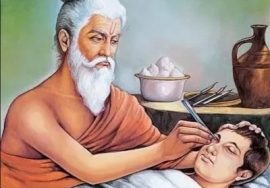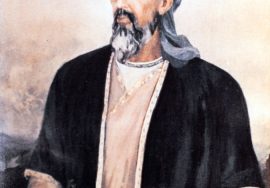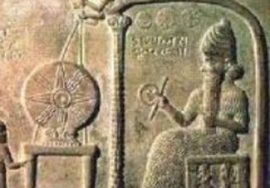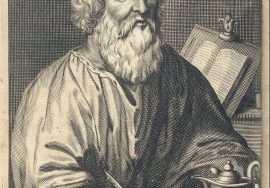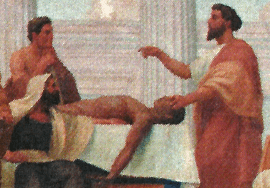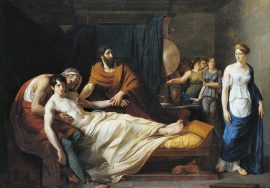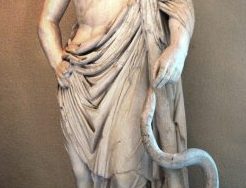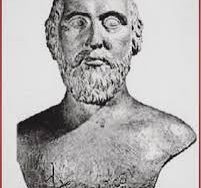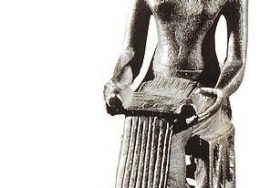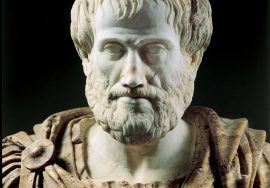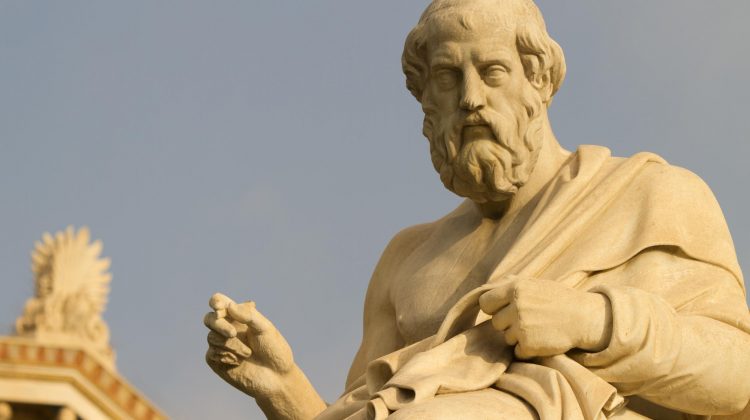
Plato The Greatest Philosophers of Antiquity
Plato (424–347 BC) was an Athenian philosopher during the Classical period in Ancient Greece, founder of the Platonist school of thought, and the Academy, the first institution of higher learning in the Western world. He is widely considered the pivotal figure in the history of Ancient Greek and Western philosophy, along with his teacher, Socrates, and his most famous student, Aristotle.
Plato has also often been cited as one of the founders of Western religion and spirituality. The called Neoplatonism of philosophers like Plotinus and Porphyry greatly influenced Christianity through Church Fathers such as Augustine.
Plato was the innovator of the written dialogue and dialectic forms in philosophy. Plato is also considered the founder of Western political philosophy. His most famous contribution is the theory of Forms known by pure reason, in which Plato presents a solution to the problem of universals known as Platonism (also ambiguously called either Platonic realism or Platonic idealism). He is also the namesake of Platonic love and the Platonic solids.
His works were to have a major impact on the course of Western thinking despite being ‘lost’ or unavailable in Europe until the twelfth and thirteenth centuries. Plato wrote extensively on a broad range of subjects with much of it surviving intact. The writings of Plato, for example, are almost complete, making up around five modern volumes.
It is sometimes said that Plato attempted to understand the world through pure reasoning, Plato had a greater impact on politics, theology, ethics, and aesthetics.

